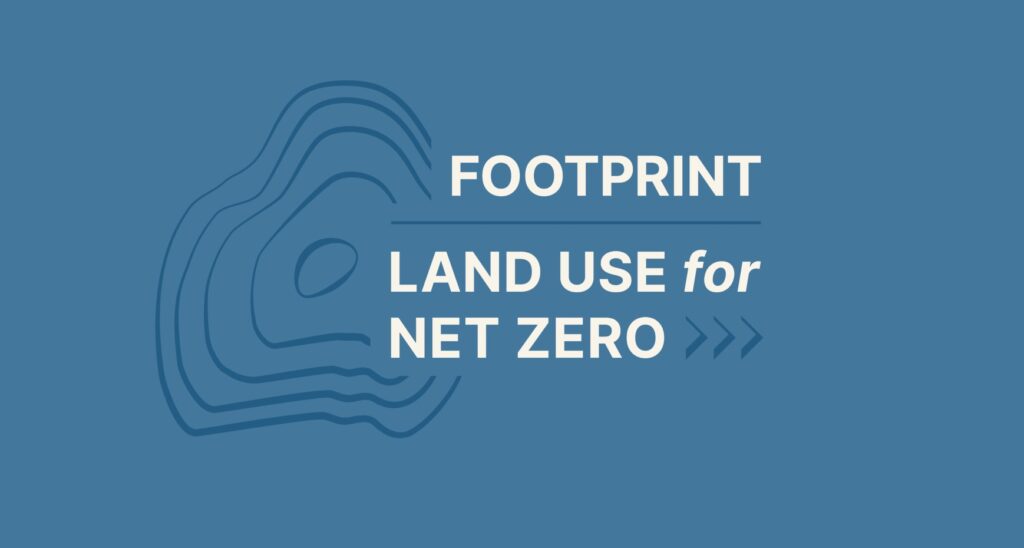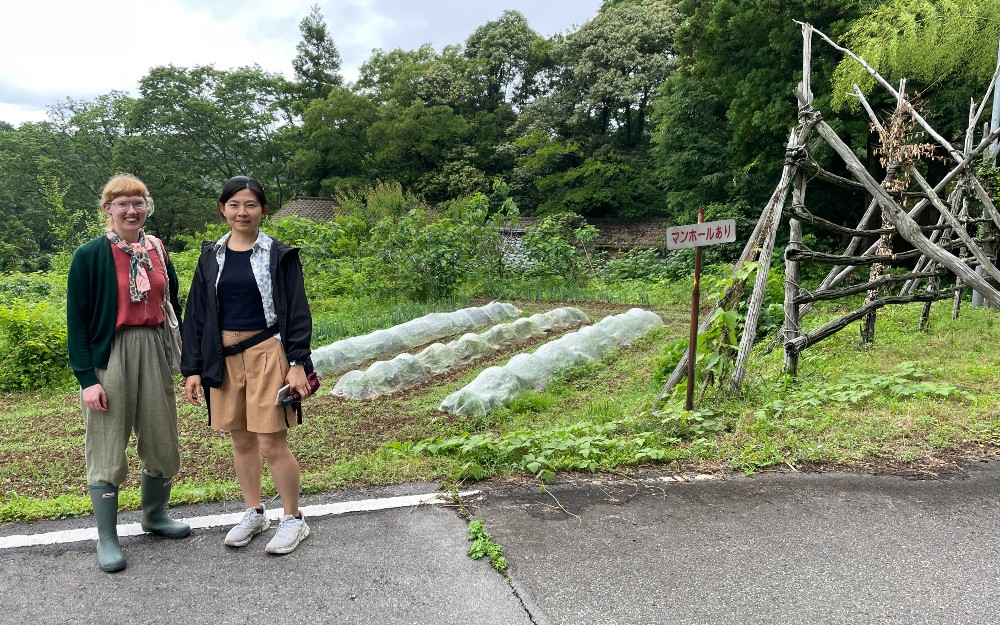Achieving a secure food supply whilst tackling the climate change and biodiversity emergencies is the greatest challenge currently facing society. Livestock production which relies on grassland productivity has a significant role to play with regard to securing sustainable long term protein production as well as mitigating climate change by enhancing carbon uptake and restoring biodiversity for multiple ecosystem services (including water management).
This project evolved as a farmer-led research initiative to address local evidence gaps identified by farmer partners in Powys wanting to enhance the long-term viability and sustainability of their farms. We investigated how local knowledge on grazing type (species, regime) and intensity are critical in determining impacts on soil health and soil carbon stocks. The project then identified optimal grazing management applicable to the local conditions and quantified their benefits to soil biodiversity, soil carbon content and grassland sustainability.
Working with livestock farmers to co-design principles minimising livestock grazing impacts on ecosystems, was developed as an exemplar of sustainable management of natural resources whilst maintaining food production and responding to the biodiversity loss and climate change emergencies. The project used the data obtained, and shared with the participants, to also identify the most appropriate way of communicating this complex topic to farmer partners and their networks to elicit a potential change in behaviour and the development and adoption of sustainable principles.
Funded by the Agriculture and Horticulture Development Board (AHDB), Dr Phil Staddon and Chris Short worked with colleagues at the Royal Agricultural University, Cynidr Consulting and Natural Resources Wales over a 4 month period, concluding in early 2022.
The report produced from this research is available here.
CCRI Ref: 2021-037




